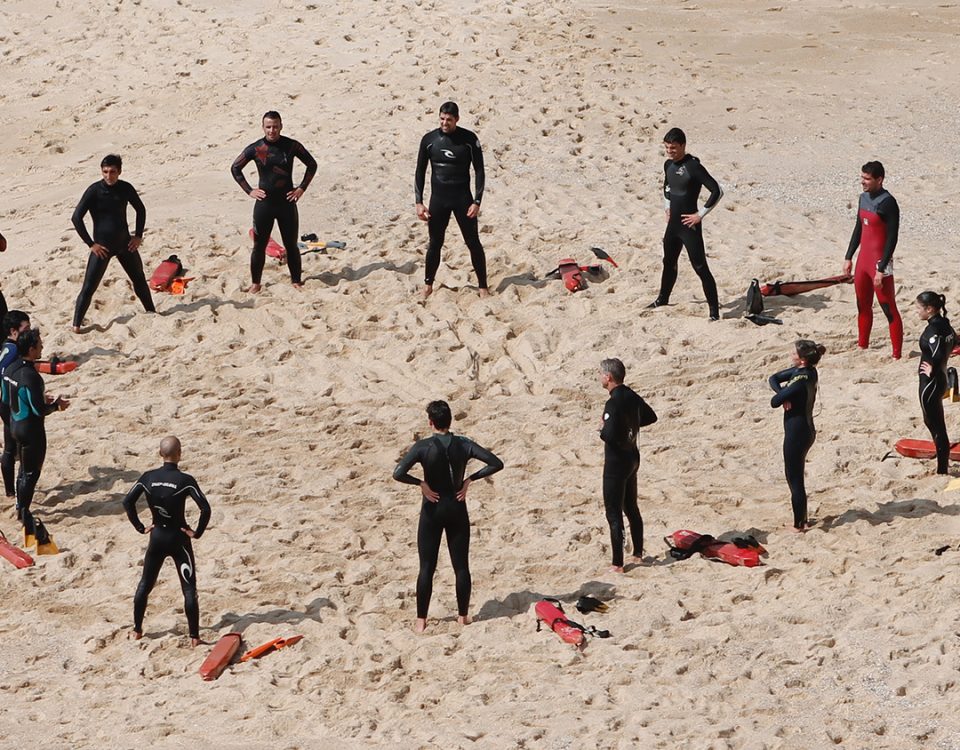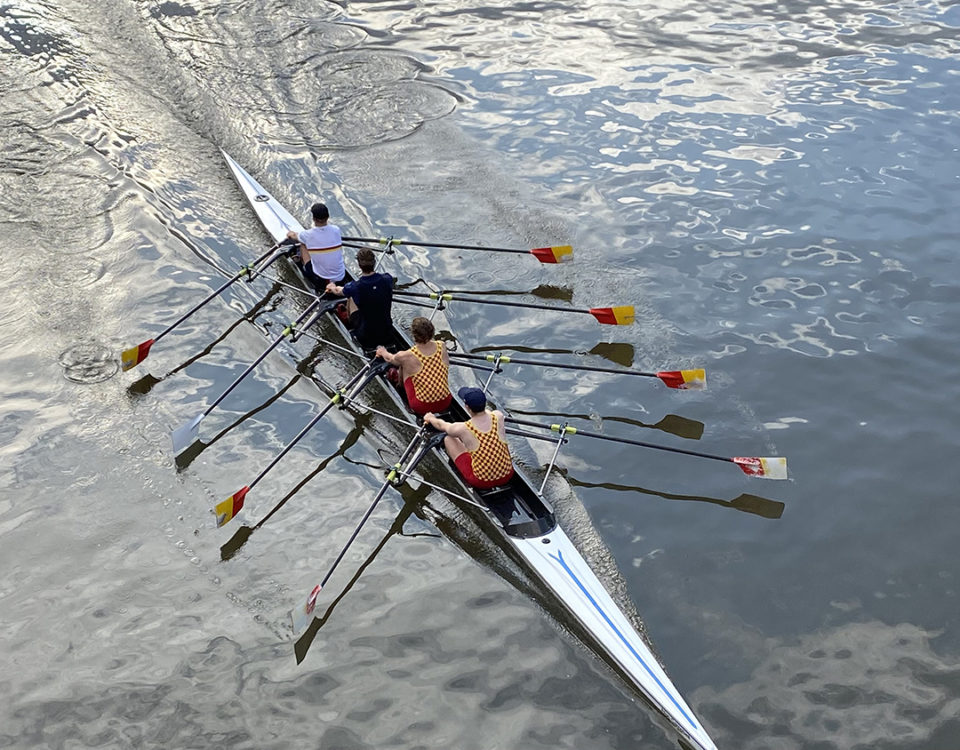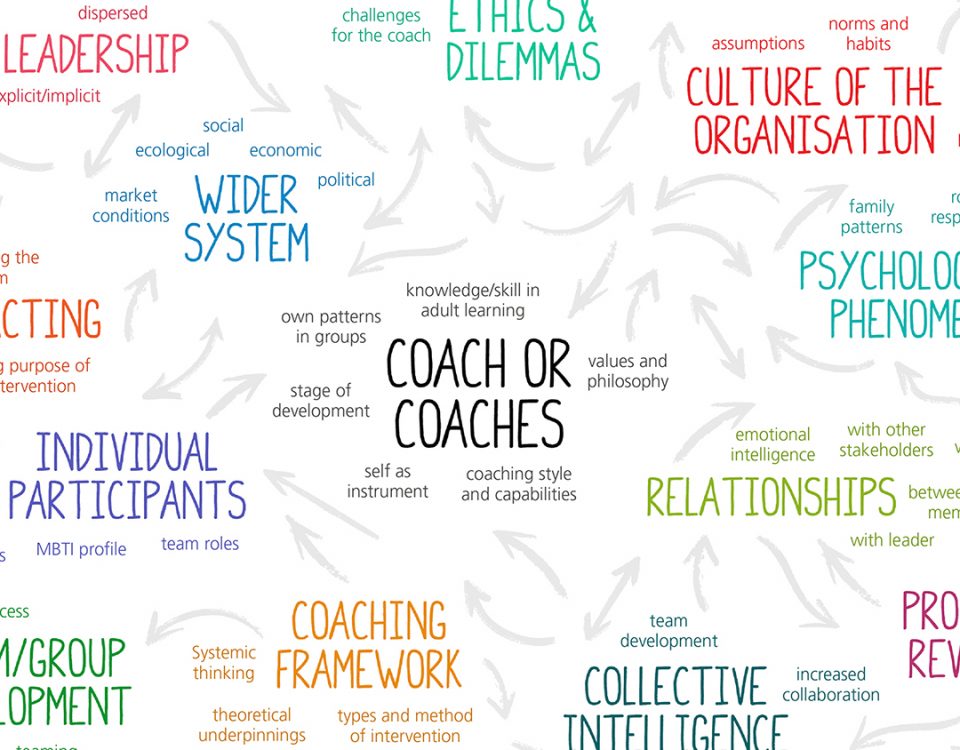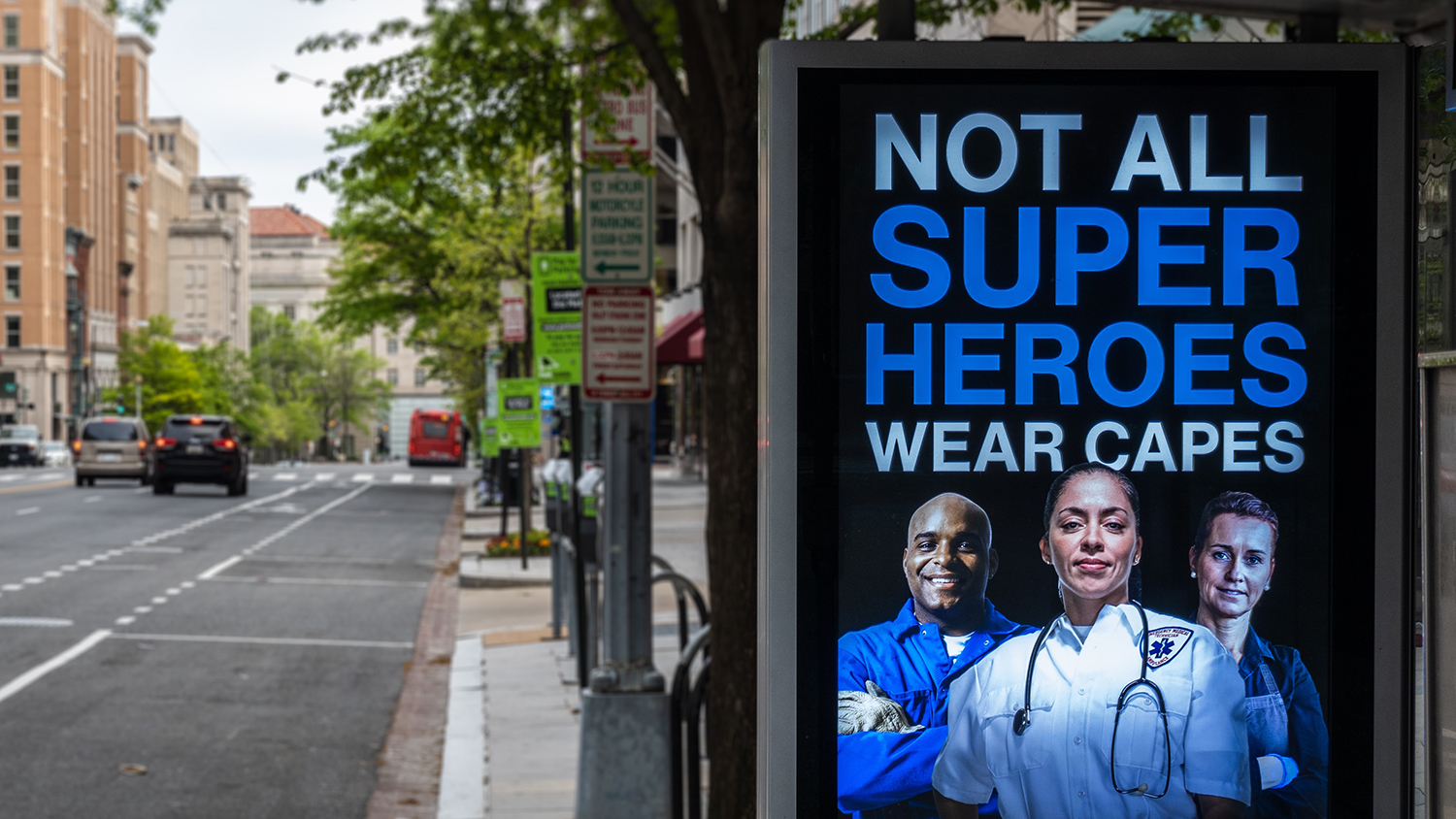
Covid and the contagion of giving
14th October 2020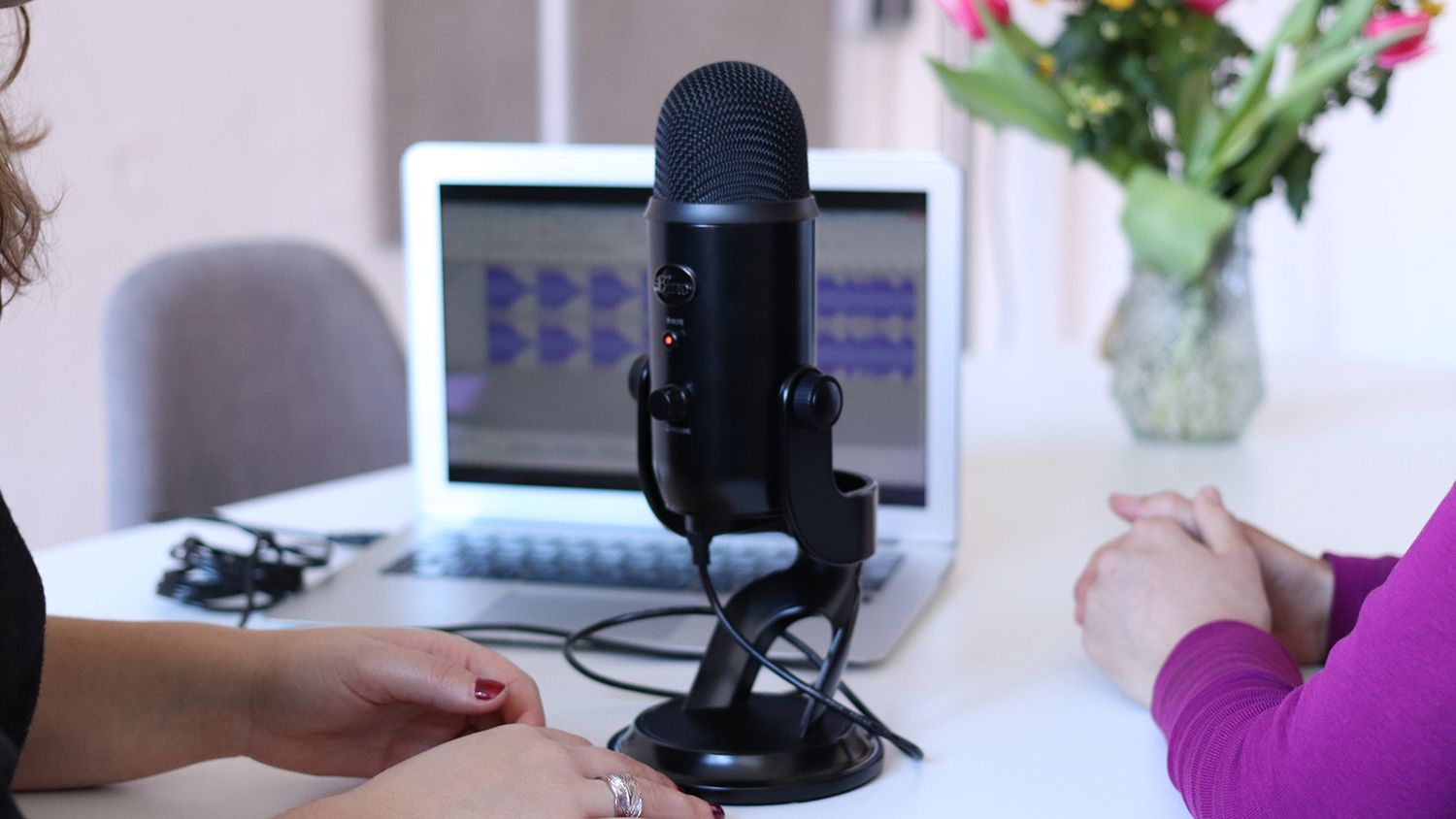
Talking team coaching supervision
10th March 2021Finding the balance
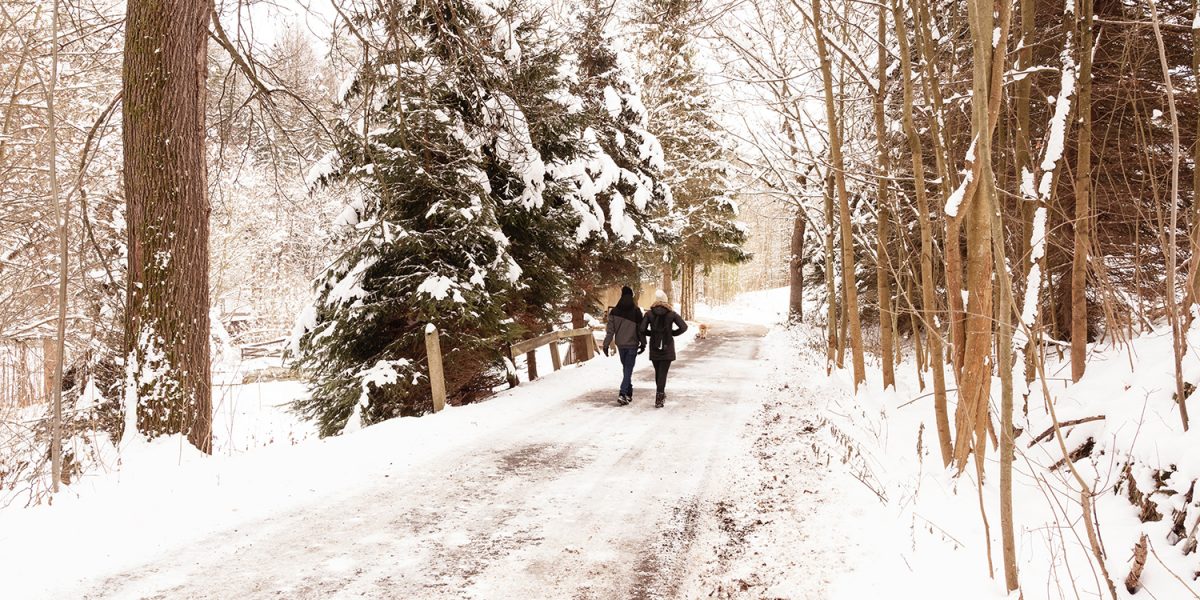
Last week, while I was reflecting on the renewed and seemingly never-ending lockdown, I had a conversation with my friend Simon Jenkins, who is a writer and also edits this website. I’m offering it here as a dialogue about how to find balance and space for imagination in the way we live now.
Alison – Like many people in this time of Covid, I found it was a real relief to get to the winter break at the end of 2020. It felt like I was more than ready for some time off to read a book, listen to music, watch a TV series, and take a walk at a leisurely pace, rather than just as part of a routine. The freshness of engaging with the natural and imaginative worlds showed me how much we are enriched and recharged as human beings during what we think of as our ‘down’ times, when we’re not actually at work. And I’m aware that many people working in my field are doing just that, paying attention to and finding balance.
Simon – So coming out of that break and re-engaging with work in 2021, how has that been for you?
A – As I connected with my clients again in January, I realised in a new way that the reading, listening and walking I’d done over the December break actually enables me to do the work I do, even though it isn’t immediately connected to the specific skills involved in individual or group supervision. That has led me to reflect on whether we have the balance right in the way we think about our growth and development as coaches and supervisors. I see it in myself when I start thinking: I need to do some more CPD, or I must book into another workshop, or let me sit on some more webinars. What my break taught me to say to myself was something quite different: let me just be a human being, because not all learning is cognitive learning. There has to be room for the imagination.
S – I think that’s especially true for coaches and supervisors, because what you do is a deeply human thing. You’re dealing with relationships, and with how people relate, specifically in stressful situations. So why would the best way to feed you as you do that human work focus on business-grade learning? You surely have to have the warm, human stuff happening in your own life to be able to sustain what you’re giving to others in your work.
A – It may be an effect of lockdown, but I’m noticing that clients are telling me, ‘I’m coursed out, I’m workshopped out, I’m webinared out.’ So I’m wondering how we allow space for conscious or unconscious integration.
S – Making time and space for our imaginative and creative aspects is important. It may feel like you’re not doing very much. You’re listening to a piece of music, or reading a chapter in a novel, or taking an hour or two talking with a friend on a distanced walk, and it might feel indulgent or not to the point. But in fact it’s doing a lot for you and for your work at a deeper level than rational engagement.
A – The contrast I want to draw is that there are a lot of learning, marketed opportunities – geared to our curriculum, adding to our qualifications, working with our badges of accreditation – and there’s a danger of getting saturated by them. I know I have been feeling this at times, especially over the past 12 months, and there’s only so much I can take in at any one time. So when I see all the webinars, workshops and programmes that are on offer, I find I’m asking myself and others: when are you going to stop and rest, and allow it to permeate?
S – Like soaking in? Do you think some of this may be an effect of the professionalisation of your field? Obviously, a lot of that professionalisation is good, because you get a code of ethics, and you get agreed standards which clients can trust, but maybe a downside emerges if it becomes a bit machine-like.
A – We do have to acknowledge the value of the professionalisation of coaching and supervision, and in our current circumstances we have so many good things to choose from. But when do we stop and allow it to permeate? That’s the word that’s coming to me, rather than integrate. How can we give ourselves the time to soak up the experiences and the learning, rather than move on to the next programme because I’ve got nothing else to do? Part of the problem is the locked-in nature of lockdown. Because I’m not travelling, or meeting friends for coffee, or going away on a summer break, I chat instead with a friend, who tells me they’ve enrolled on a programme, or registered for a webinar, and I find myself doing the same. Or it might happen as we share all this digitally – have you seen this? have you joined that? have you considered the other? And before you know it, you’re having a go at it. Goodness me!
S – That’s really interesting, because you’re basically saying: this is too much. Normally, in pre-Covid times, you have natural breaks in your working day when you’re travelling to meetings, or dropping in on someone because you’re in their neighbourhood, but now that’s simply not possible. So the important thing I’m getting from what you’re saying is that we need to be conscious of that, and take action to compensate for what we have lost.
A – When I say all this, I know there’s a risk that I’ll come across as being negative and critical about the people and organisations who are providing webinars and programmes of different kinds. But I’m not. After all, I’m deeply involved as part of the team working on the new CSA group supervision programme, which we’ll be offering in September, and I’m soon going to be inviting people to come and learn with me! Designing the programme is a lot of work, and I understand that all these learning opportunities come about after a great deal of careful thought and planning.
S – You’re holding a balance. It’s not that you’re saying we should only be reading novels or drinking red wine or listening to Schubert. Instead you’re saying that we have to keep the balance, and at the moment it’s harder to do that, because we can’t do the things which normally allow us to reflect, step back and take a breath. Holding the balance between the cognitive and the imaginative is more difficult now, and we have to work at it consciously.
A – What is emerging for me in this dialogue is that I want to pay attention to my balance. I want to maintain my professional learning and inquiry, and at the same time give myself space to enjoy and swim in novels and beautiful music and the natural world, because those things feed my soul. It’s finding an appropriate level for each that is important. That’s what I wish for us all, and I hope it may be possible for many of us.
‘Let us reflect on what is truly of value in life, what gives meaning to our lives, and set our priorities on the basis of that.’ Dalai Lama
Photo: Elke Karin Lugert


